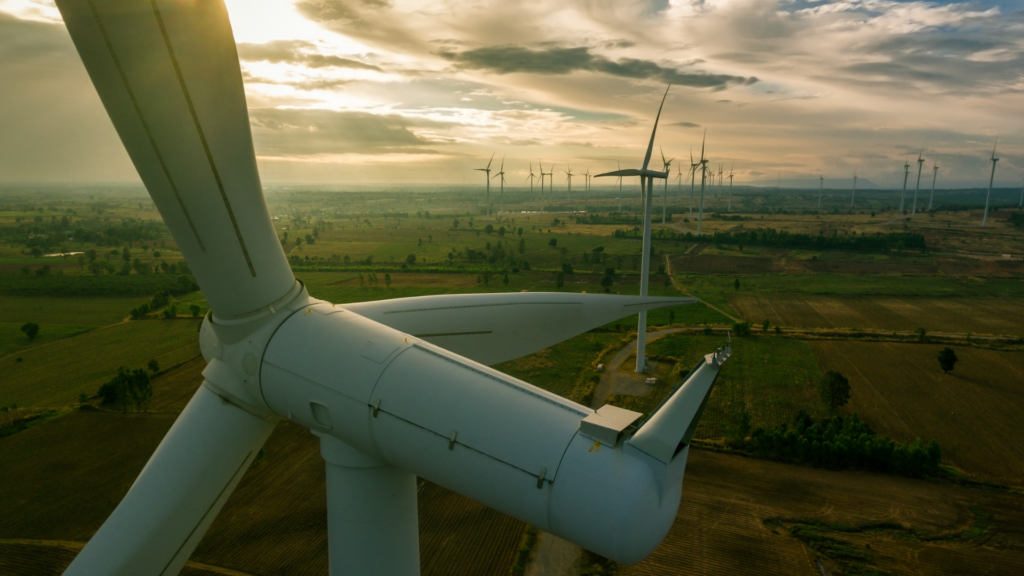The development of civilization through the occupation of planet Earth and its renewable and nonrenewable resources, since its most remote times, has neglected the environmental irreversibility arising from its actions, a situation evidenced by ecological degradation, environmental pollution and accelerated climate change.
Contemporary Society, having the Economy as its ecological value, is unaware of the concepts of Entropy and Irreversibility, considering that “Time is Money” (Tiezzi, 1988, p. 32).
Tiezzi (2008, p. 32) stresses that “progress is measured by the speed with which it is produced” this statement ratifies his understanding that progress advances as speed transform Nature.
The author qualifies the time factor concerning sustainability in two ways: biological time and historical time. Biological time refers to natural evolution that occurs on our planet billions of years slowly; Historical Time deals with human history in thousands of years. It is only a small interval of the first.
This historical time since the Industrial Revolution interfered in the increasing manner over the environment, and in a process accelerated by technological development, impacting the Biological Time as the level of Entropy increased, making difficult the renewal of natural resources and diminishing the quality of life of living beings on the planet. According to the author, Historical Time is much more accelerated than Biological Time, which causes several environmental problems:
“The limits of resources, the limits of resistance of our planet and its atmosphere indicate that the more we accelerate the flow of energy and matter through the Earth system, the more we shorten the real-time at the disposal of our species. An organism that consumes its means of subsistence faster than the environment produces them with no chance of survival” (TIEZZI, 1988, p.32).
This circumstance realizes the importance of the role of time in the issue of sustainability, where the rates of use and regeneration of natural resources should equalize, as well as the rates of pollution emission should adapt to the capacity of the environment to absorb waste. Thus, the history of the Planet is the result of slow changes for millions of years, in contrast to the History of Humanity from the twentieth century through consumption and technological development has been interfering in an intense and predatory way on life on the planet (Giannetti et al., 2020)
Faced with this context of accelerated destruction and search for sustainable development, researchers propose two concepts of production. The first deals with the Circular Economy, whose idea is to transform the linear model of production, consumption, and subsequent disposal of goods into a circular model inspired by Nature, where discarding returns to the production cycle. The second concept is called the Regenerative Economy, which is a model that proposes to regenerate capital goods through the processes of self-feeding, self-renewal, and adaptive learning whose natural systems apply to feed their capacity to progress in long terms (Giannetti et al., 2020).
Both the above concepts corroborate with the Tiezzi (1984) way of thinking, where any socio-economic analysis demands scientific knowledge about Biological Balances and their importance related to limited natural resources and renewal.
Respecting the historical dynamics of the environment, with the necessary modifications, referring to the due adaptations, our Society ought to build up and promote the Concept of Species since both Marxist and Liberal thought does not consider the category of biological time analysis.
This need comes from a Society divided into the National States divided into Languages, Values, Beliefs, Habits, Production Modes, and Social Organizations that compete with each other without considering that its totality is one specie: Homo Sapiens.
Faced with this adversity, the argument of Parente et al. (2018) and Kim et al. (2018) in proposing the Human Entrepreneurship Model (EmpHum) seeks to prioritize social and environmental aspects together with the generation of jobs with a higher quality of life. This entrepreneurial vision creates a type of Enterprize with leadership that considers the responsible management of resources and the promotion of ecologically responsible and socially more humanized development fits with Tiezzi (1984) argument providing a sustainable practical concept to provide social economic development and sustainability.
For all these reasons, the promotion of a new entrepreneurial mentality based on EmpHum emerges as an interesting theoretical and practical tool for humanity to ensure the sustainability of its species by respecting the understanding Mothe Earth Biological Time.
References:
Giannetti, B. F. Almeida, C. M., Agostinho, F. Sulis, F. Coscieme, L., Pulselli, F. M., … & Marchettini, N. (2020). Enzo Tiezzi, turning pioneering into modern ideas: tempos, Ecodynamics, and sustainable economy. Ecological Modelling, 431.
Kim, K. C. ElTarabishy, A., & Bae, Z. T. (2018). Humane entrepreneurship: How focusing on people can drive a new era of wealth and quality job creation in a sustainable world. Journal of Small Business Management, 56(sup1), 10–29.
Parente, R., ElTarabishy, A., Vesci, M., & Botti, A. (2018). The epistemology of humane entrepreneurship: Theory and proposal for future research agenda. Journal of Small Business Management, 56(sup1), 30–52.
Tiezzi, E. (1988). Tempos históricos, tempos biológicos. NBL Editora.
Author

Caio Flavio Stettiner
Master Teacher
Bachelor of Business Administration , specialist in Higher Education Teaching and Commercial Operations Logistics and also Master in Education , 33 years of experience as an entrepreneur and collaborator of large companies. And for the last 15 years working with consulting and training in Entrepreneurship and Logistics. Researcher in Entrepreneurship, Entrepreneurial Education and Logistics, currently Course Manager and Master Professor of the Management Course of Business and Innovation at Fatec Sebrae Business (www.fatecsebrae.edu.br).


